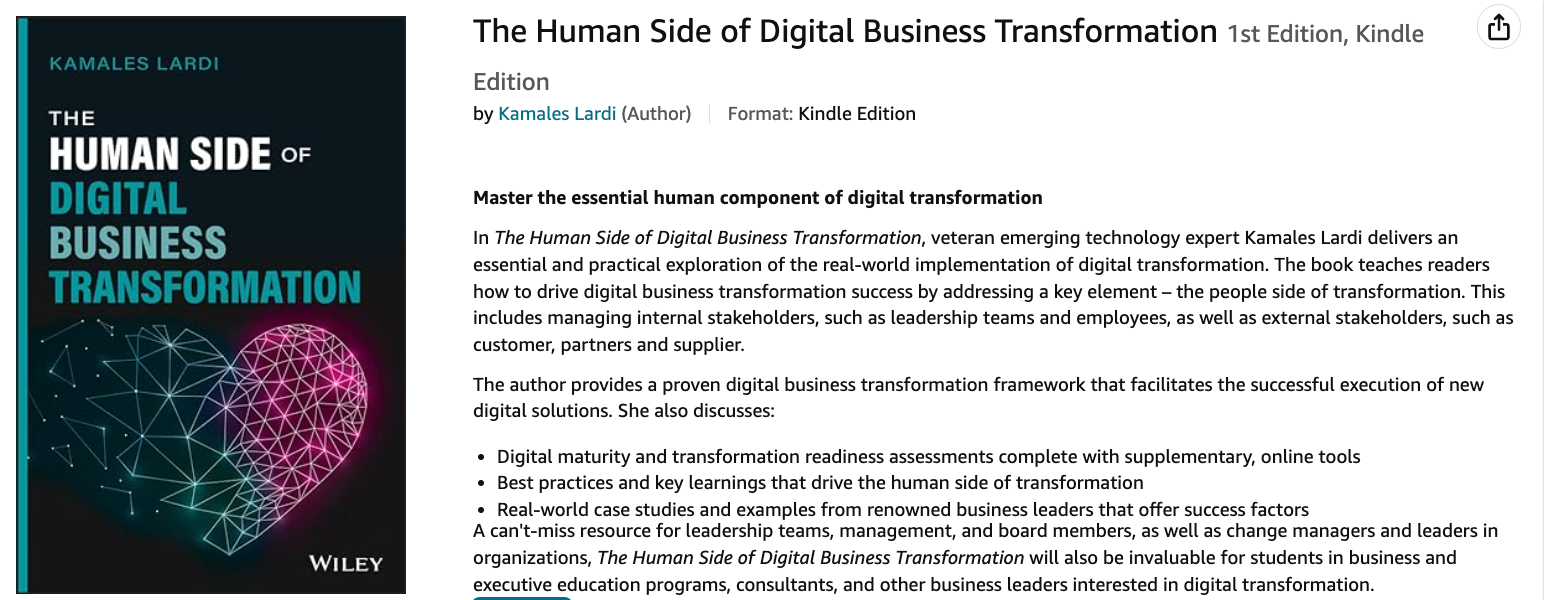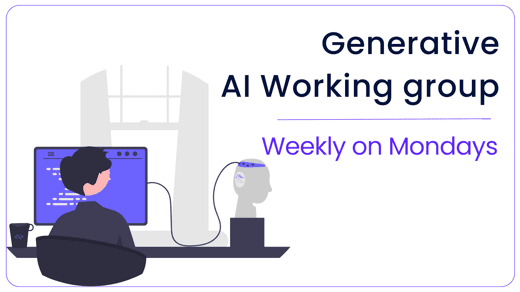
Leveraging AI to Make Better Decisions: A Guide For Managers
In today’s fast-paced world, artificial intelligence isn't just an option—it’s a necessity for staying ahead. What do managers need to consider when utilizing AI to enhance decision making?
The importance of artificial intelligence (AI) in the evolving business landscape is profound, as it offers transformative capabilities in strategic decision-making. AI equips executives with advanced tools to navigate complex scenarios and anticipate future challenges effectively. By integrating AI, organizations can enhance the accuracy, efficiency, and foresight of their decision-making processes, thereby securing a competitive edge in dynamic environments. This technology not only streamlines operations but also empowers businesses to adapt and thrive in rapidly changing markets.
The strategic advantage of artificial intelligence
Integrating AI into strategic decision-making processes revolutionizes how businesses operate and compete. AI enables organizations to analyze vast amounts of data swiftly, uncovering insights that might otherwise remain hidden. This capability allows for more informed and precise decision-making. By leveraging predictive analytics, AI assists leaders in forecasting future trends and potential challenges, facilitating proactive rather than reactive strategies. Furthermore, AI-driven automation can streamline routine tasks, freeing executives to focus on strategic planning and innovation. The integration of AI into these processes not only enhances operational efficiency but also bolsters a company's adaptability and competitiveness in a rapidly evolving market.
Integrating AI in decision-making
- Data quality and integration
One of the fundamental challenges for managers using AI is ensuring the availability of high-quality, relevant data. AI systems require accurate, comprehensive, and timely data to generate reliable insights. Managers often encounter difficulties in data collection and integration, such as inconsistencies, incomplete data sets, and the integration of data from diverse sources. These issues can lead to flawed AI outputs, which in turn can compromise decision-making. Overcoming this challenge requires robust data management strategies, investment in data cleaning and preparation technologies, and ongoing monitoring to ensure data integrity.
Establishing a robust data infrastructure is critical for the effective integration of AI in decision-making. Business leaders should prioritize the collection, storage, and management of high-quality data essential for driving AI-generated insights. To fully realize the potential of AI, organizations must also invest in comprehensive governance frameworks and advanced analytics capabilities.
- AI Talent and Leadership
The successful adoption of artificial intelligence (AI) hinges on a combination of skilled personnel and visionary leadership that fully appreciates the benefits of this technology. It is crucial for senior management to foster an organizational culture that deeply values AI expertise and supports advocates of strategic AI initiatives. Such a culture promotes collaboration across different departments, breaking down silos and integrating diverse perspectives, which is essential for holistic AI implementation.
Managers should also encourage a spirit of experimentation, allowing team members to explore innovative ideas without the fear of failure. This approach not only catalyzes transformative changes within the organization but also positions the company as a leader in leveraging AI for industry advancements. By nurturing this environment, businesses can effectively utilize AI to drive significant improvements and ensure sustained competitive advantage.
- Ethical and Bias Considerations
It is critical to also address the ethical implications and potential biases inherent in AI algorithms. AI systems can inadvertently perpetuate existing biases present in their training data, leading to unfair or prejudiced decisions. Managers must navigate the ethical concerns related to privacy, transparency, and accountability. Ensuring that AI decision-making aligns with ethical standards involves rigorous testing for bias, the development of transparent AI models where stakeholders understand how decisions are made, and the establishment of clear guidelines and governance frameworks to monitor AI activities. This challenge requires a proactive approach to ethics in AI deployment, continuous learning, and adaptation of AI systems to mitigate bias.
As AI systems increasingly make decisions traditionally handled by humans, these decisions come with significant ethical implications. Executives must be vigilant in identifying biases in AI algorithms and ensure that their deployment is transparent and accountable. Establishing clear ethical guidelines and governance structures is crucial to maintaining trust in AI technologies and mitigating risks associated with their use in critical decision-making involving human welfare.
- Iterative Approach
Integrating artificial intelligence (AI) into business operations is a dynamic, ongoing process that extends far beyond its initial setup. It necessitates a commitment to continuous adaptation and learning. Business leaders should embrace AI integration as a cyclical, iterative process characterized by ongoing trials and refinements rather than viewing it as a definitive, one-time implementation. This approach enables organizations to consistently derive value from AI technologies as they evolve.
By continuously updating and optimizing AI systems in response to new data and changing conditions, companies can maintain a competitive edge. This iterative process ensures that businesses are not only adapting to the current landscape but are also poised to anticipate and respond to future changes, thereby securing their long-term success in a swiftly transforming market.
Leveraging AI for Better Decisions
Artificial intelligence (AI) signifies a transformative approach to strategic decision-making, offering leaders unparalleled capabilities to manage complexity and uncertainty. When executives embrace AI as a complementary asset to human judgment, rather than a competitor, they unlock new avenues for growth and innovation.
As organizations increasingly adopt this technology, it is imperative for leaders to enhance their strategic thinking skills. This involves prioritizing investments in robust data infrastructure, comprehensive talent development programs, and strong ethical governance frameworks. These steps are essential to ensure the responsible deployment of AI, enabling organizations to fully leverage its potential and position themselves for success in a digitally dominated era.
Join the conversation! What's your biggest challenge in implementing AI in your decision-making processes? Share your thoughts and let’s discuss how we can overcome these obstacles together!
The original article and conversation around this topic can be found here.


Weekly AI Working Group gathering on Mondays
REGISTER HERE. Stay up to date with the evolving AI landscape, explore into Generative AI applications, engage in collaborative learning and group projects.
Immerse yourself in the game-changing ideas of OpenExO.
Begin your journey here 🎟️ExOPass & 📚Exponential Organizations 2.0
ExO Insight Newsletter
Join the newsletter to receive the latest updates in your inbox.









